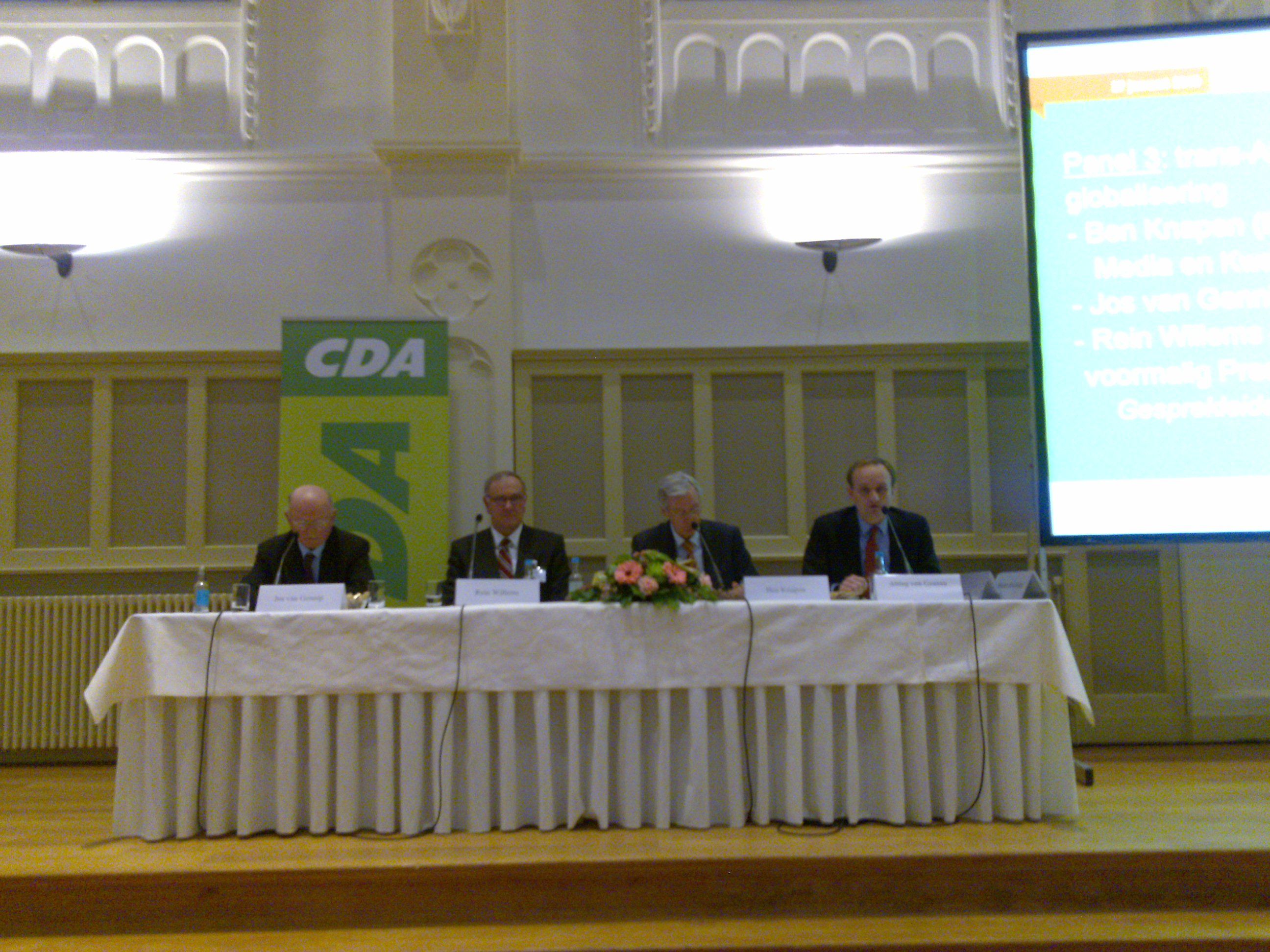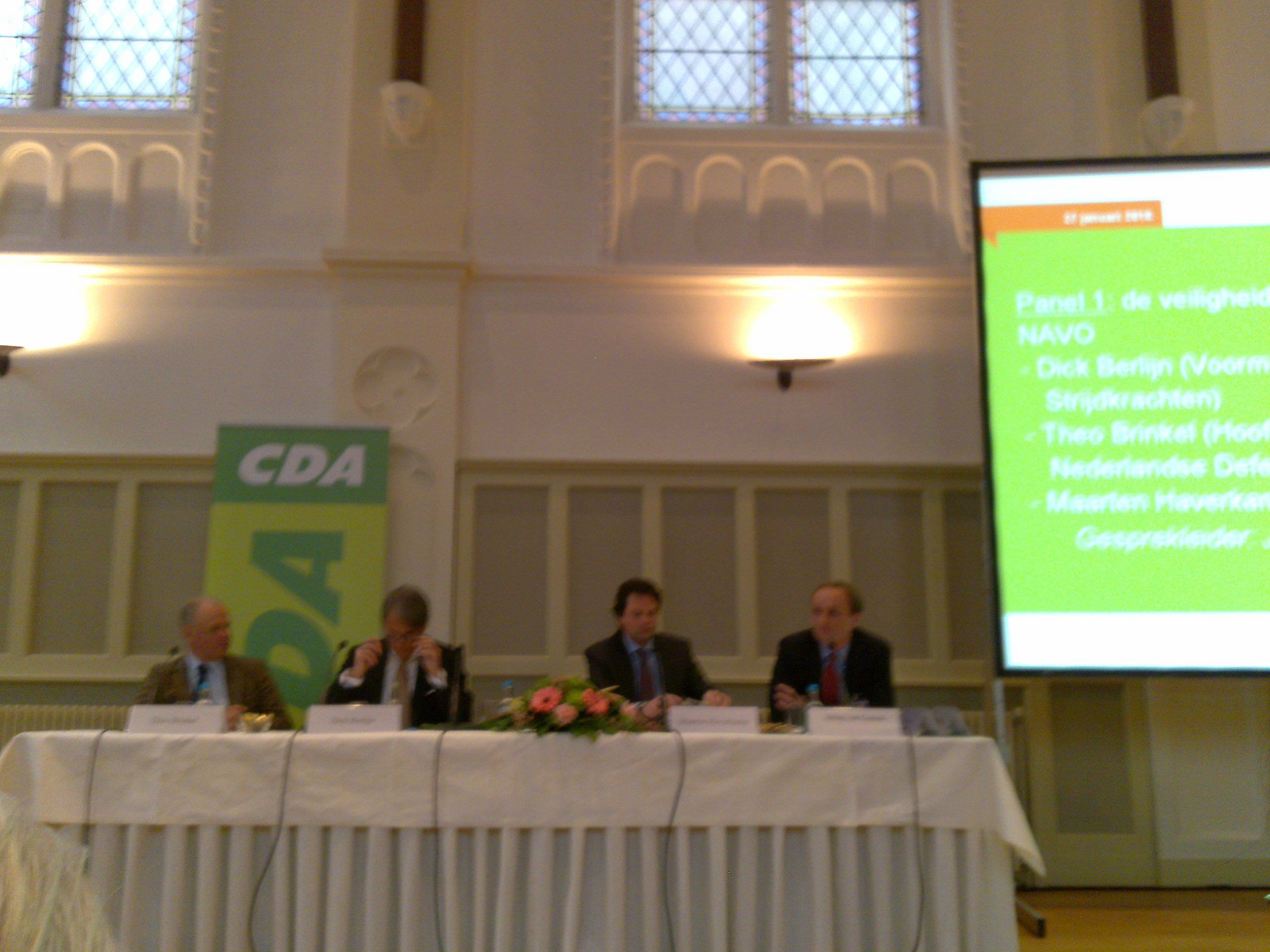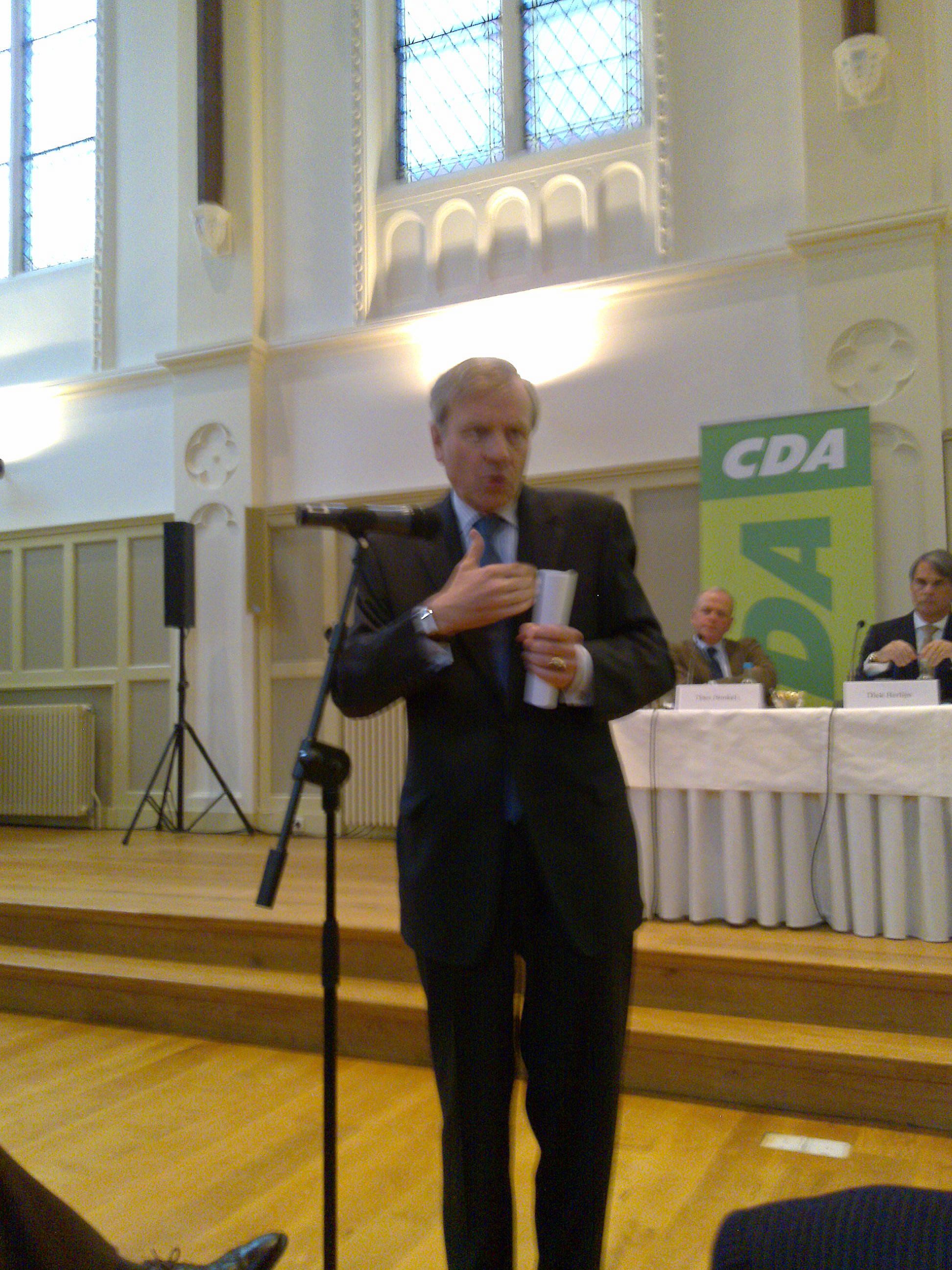
When we speak about Trans-Atlantic relations, meant is the alliance between North-America and Europe. The two solid players are the US and the European Union. However, we have to think that both allies are not equal. For the European Union it will be a great challenge to close rows and to come to the front in harmony. The European Union is and will remain an alliance of 27 separate member states and the US are one country with one government. However, this does not mean that since president Obama took office, expectations are became less for a renew and broadening of the trans-Atlantic alliance.
It will become a heavy task to keep what western world cares for. For rising powers have other views about basis principles such as freedom, democracy and human rights than western countries. They look at responsible sovereignty in another way. But this powers demands nevertheless a bigger role and it is logic they will get that. After all, we need these rising powers in order to solve problems of today.

